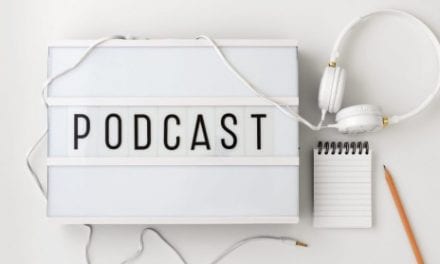 |
“When written in Chinese, the word ‘crisis’ is composed of two characters—one represents danger and the other represents opportunity.”
—John Fitzgerald Kennedy (1917-1963), 35th President of the United States
As 2008 comes to a close, the United States is in the middle of an economic recession. The Bureau of Labor Statistics (www.bls.gov/news.release/jec.nr0.htm) reports that recent company closures and downsizing have brought the staggering number of unemployed Americans to date to more than 1.2 million. Since most of these individuals have lost not only their jobs, but their health insurance, an even bleaker aspect is added to an already desperate scenario.
In view of the national situation, how will the physical medicine and rehabilitation industry be affected? In the same report, the Bureau of Labor Statistics stated that despite the dour national figures, at least half of the 30 fastest-growing occupations during difficult financial times are in the health care industry—including such positions as physical and occupational therapists, medical and physician assistants, home health aides, and medical records and health information technicians. (Interestingly enough, health care employment rose by 26,000 in October and by 348,000 over the past 12 months.)
Although most physical medicine and rehabilitation (PMR) facilities and practices are currently running “lean and mean” as an immediate response to the dismal fiscal climate, the need for the services of PMR professionals will not subside in the foreseeable future. In fact, the economic downturn could be turned into an advantage for some professionals. Consider promoting rehab-based programs as a public-outreach effort to enhance physical fitness and health awareness, ultimately benefitting clients by improving their overall health. Also, recruitment programs at high school and college campuses will strengthen the numbers of future therapists to attend the needs of future clients. Will this upward employment trend for PMR professionals continue?
As President-elect Barack Obama’s administration hits the ground running to tackle the multitude of issues affecting the country, where will health care reform fall on the agenda? Whether health care is immediately addressed, or is postponed due to the economic crisis, Obama believes strongly about creating a national health plan. According to the plan outlined during his campaign, the President-elect’s health care agenda would provide a basic government health plan for anyone who doesn’t qualify for other insurance. Those unable to pay for such a plan would receive a subsidy. In addition, companies would be required to offer health care to employees or contribute to the national insurance plan. Small companies would get tax breaks. Proponents of the plan say that over a 10-year period, more than 34 million Americans would have health care. Opponents argue about the possible hidden costs that would make the plan too expensive.
As we look toward the future, the staff of Rehab Management—Jody Rich, Candice Ota, Judy O’Rourke, and I—would like to take this opportunity to wish our readers a joyous holiday season, and a peaceful and prosperous new year. We look forward to joining you in 2009 for comprehensive print and e-media coverage of the latest issues affecting the physical medicine and rehabilitation industry.
Happy Holidays!
—Rogena Schuyler Silverman
Editor’s Note: Please see “The Right Tool for the Job“— a helpful business software matrix.





